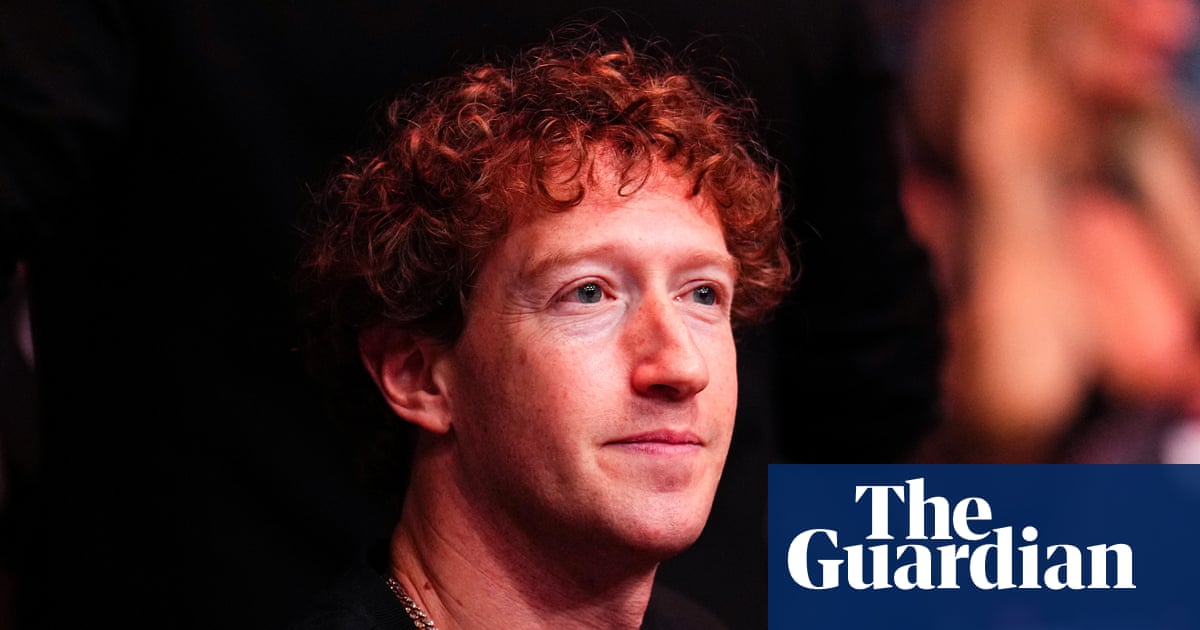Zuckerberg's Bold Moves in AI Recruitment and Apple's Struggles to Keep Up

In a rapidly evolving tech landscape, where artificial intelligence is becoming a pivotal force, AI researchers are finding themselves at the center of a fervent recruitment drive led by none other than Meta CEO Mark Zuckerberg. Recent reports from Bloomberg reveal that Zuckerberg is personally reaching out to top AI talent, urging them to join his ambitious new project aimed at creating a 'superintelligence' AI lab and revamping the existing Llama AI system.
Zuckerberg's recruitment strategy is straightforward yet effective. He initiates contact through a cold outreach via email or WhatsApp, referencing the potential candidates' impressive work histories and requesting a brief 15-minute chat. This approach has already attracted dozens of responses from researchers at Google alone, showcasing the high level of interest in his offer.
For those who do agree to meet with Zuckerberg, he lays out an enticing vision that highlights the creative freedom they would enjoy in experimenting with groundbreaking AI technologies, the vast resources Meta can leverage, and the significant financial investment he is willing to make to build the necessary infrastructure. It's reported that the desks at Meta's headquarters have been rearranged in anticipation of this new team's arrival, which signals a serious commitment to this initiative.
While headlines have been dominated by the staggering compensation packages Zuckerberg is prepared to offer—some reportedly reaching eight figures—there’s more at stake. The recruitment of top-tier AI researchers is akin to securing a star athlete in a competitive sports landscape; the supply of such talent is limited, and the financial stakes are exceptionally high. For example, Zuckerberg's recent acquisition of Scale AI CEO Alexandr Wang is described as the most costly hire to date, eclipsing Google's massive investments to bring back key figures like Noam Shazeer from Character.AI.
Wang's decision to leave Scale AI, as he communicated to his team, was bittersweet; he expressed heartfelt emotions during his farewell meeting, indicating a deep connection to the company he is leaving behind. As for his future role at Meta, expectations lean towards him taking on the title of 'Chief AI Officer' within the new lab. Meanwhile, Meta's internal discussions reveal that the existing Llama project has fallen significantly behind its competitors, prompting conversations about potentially utilizing AI models from rival companies, although that remains an unlikely scenario.
In a related note, the competitive atmosphere surrounding AI development has begun to unsettle industry leaders. Just prior to Zuckerberg's deadline for recruiting senior OpenAI employees, Sam Altman published an essay declaring that their primary mission is to advance superintelligence research. This move illustrates the high stakes in the AI race, where every decision carries significant implications for the future of technology.
Turning to Apple, a company traditionally viewed as a titan in the tech industry, there are growing concerns about its ability to keep pace with the rapid advancements in AI. Following the recent Worldwide Developers Conference (WWDC), it became evident that Apple's leadership may not fully grasp the disruptive nature of the AI revolution reshaping software development. While Apple has acknowledged shortcomings in its AI capabilities, particularly with Siri, and has indicated significant updates are forthcoming, the timeline seems insufficient against the backdrop of the tech industry's fast-paced innovations.
Apple's plans to overhaul Siri, with a new version anticipated by 2026, are met with skepticism given the speed at which competitors like OpenAI are evolving. The company’s recent strategy allows developers to utilize its foundational AI models for free, but initial assessments suggest these models are not up to par with industry leaders. Apple’s emphasis on privacy as a distinguishing factor may not resonate with developers who are already engaging with leading AI solutions like ChatGPT.
Despite some impressive features showcased at WWDC, such as real-time language translation during calls, the overarching sentiment is that Apple may be overly reliant on third-party partnerships as a temporary solution while they work to improve their own AI capabilities. The bigger question remains whether Apple can effectively adapt its corporate culture and strategies to thrive in an era dominated by AI innovation.
In the broader tech arena, AI agents are gradually emerging, with predictions of startups becoming operationally competent in areas like travel booking. In contrast, Google is undergoing a significant cultural shift with a voluntary exit program aimed at fostering internal mobility and growth opportunities. The tech giant's leadership believes that these buyouts could serve as a catalyst for revitalizing its workforce.
Meanwhile, Snap's Evan Spiegel is actively seeking partnerships for augmented reality glasses, indicating a strategic pivot towards potential collaborations that could enhance the company's market position. The ongoing shifts in leadership and strategy across these tech giants underscore the dynamic nature of the industry as it navigates the transformative impact of AI.
As always, thoughts and feedback from industry professionals are welcomed, especially those who are receiving enticing job offers in this highly competitive tech landscape.



























